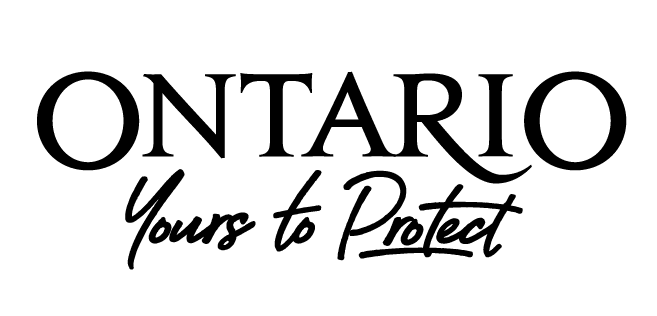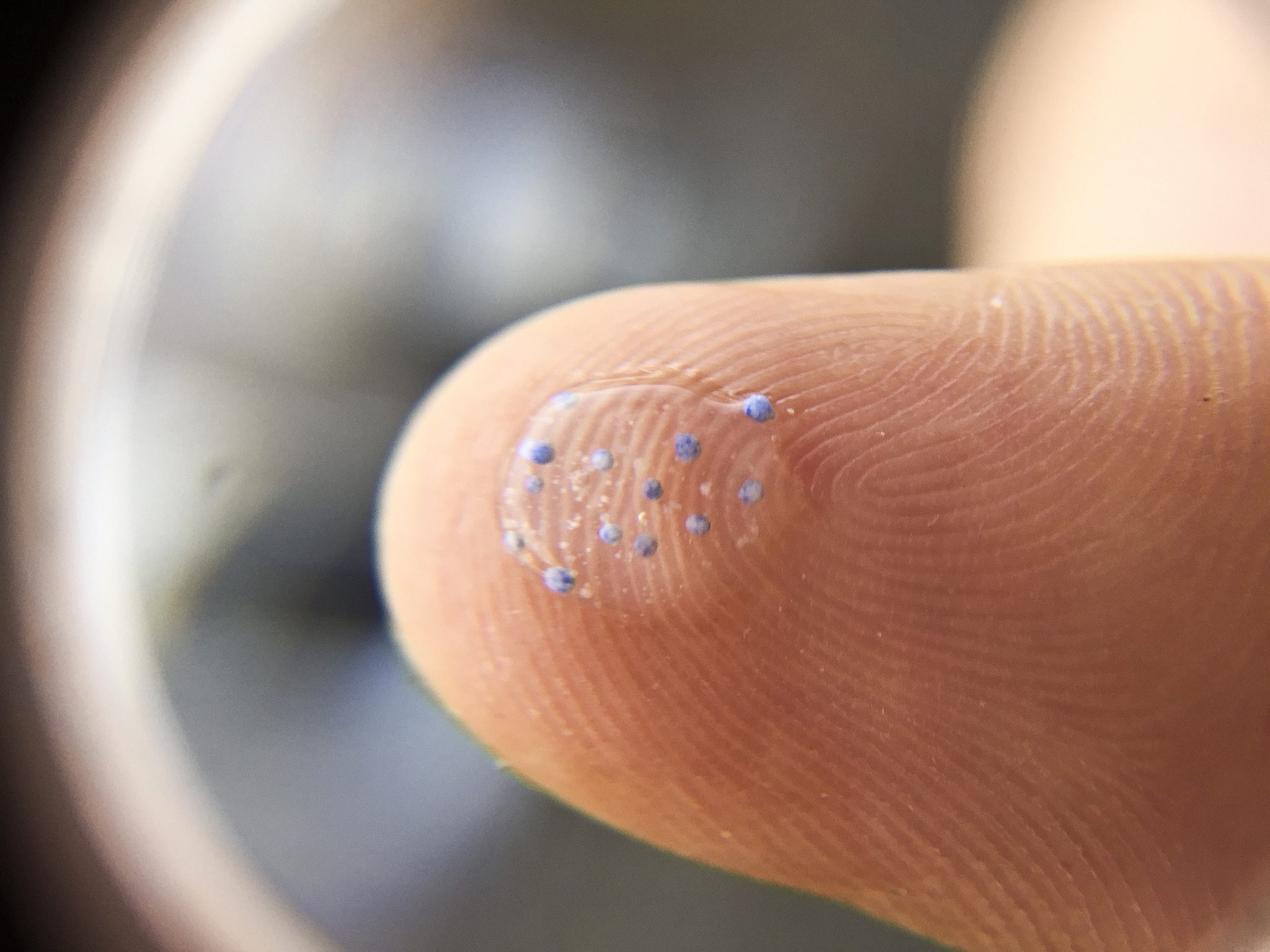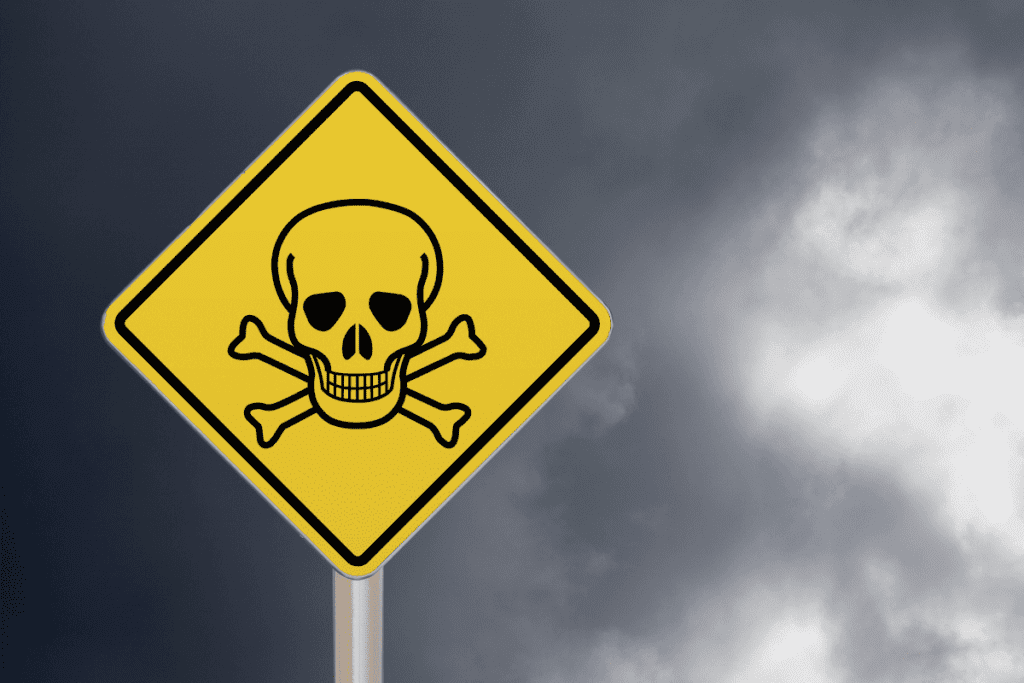With the holidays approaching, it’s a good time to look back at what we’ve achieved together over the past year. And what a busy year it’s been! This month on our blog we’re highlighting recent environmental victories – like these victories safeguarding Canada’s freshwater and these wins creating more livable communities – your support made possible. For a more detailed list of victories, visit our 2016 Annual Report. In the meantime, here’s a snapshot of some of our recent victories kicking out toxic chemicals.
From brushing your teeth to sitting on your couch to cooking dinner, you could unknowingly be exposing yourself to nasty chemicals – and many of these toxic chemicals have links to serious health issues. At Environmental Defence, we’re devoted to working to reduce Canadians’ exposure to suspected cancer-causing and hormone-disrupting chemicals found in everyday products. And thanks to your support, this year we saw some important wins!
VICTORY! SAYING GOODBYE TO ‘CONDITIONAL’ PESTICIDE REGISTRATIONS
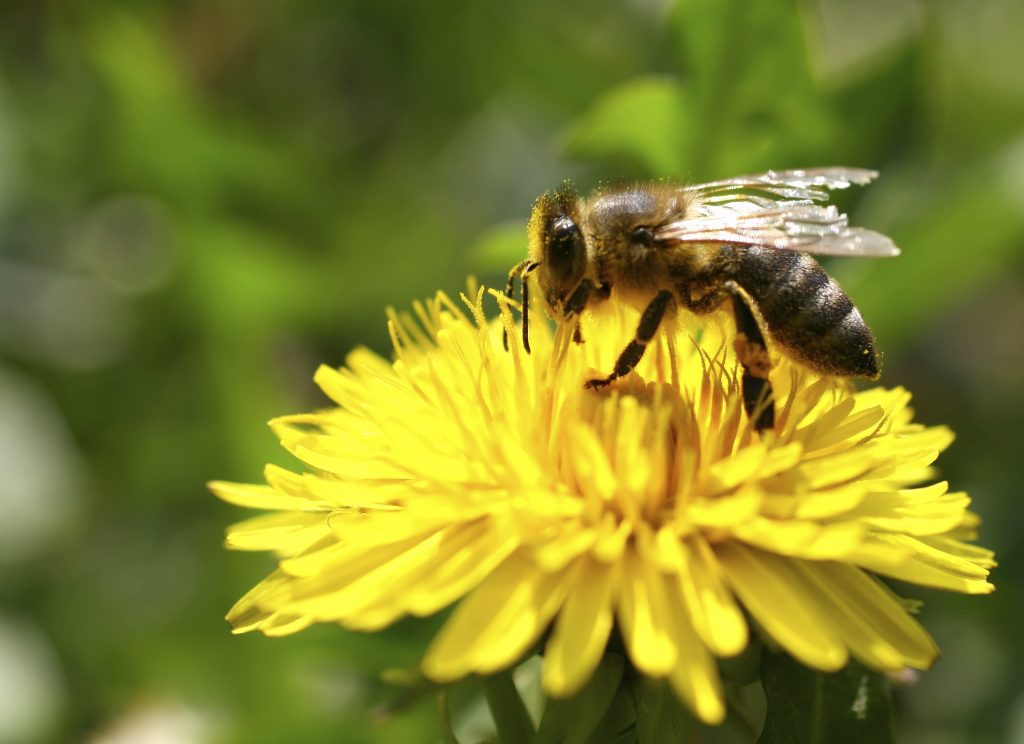
For too long, so-called ‘conditional’ registrations allowed companies to register pesticides for use and sale without sufficient data on human health and environmental impacts. The loophole allowed some toxic pesticides to stay on the market for over 10 years. Conditional registrations were also granted to certain bee-harming neonic pesticides – one more reason we worked hard to end the practice. Last year, Environmental Defence and allied groups provided testimony to the House of Commons Health Committee, outlining the problems with conditional registrations.
In January, the federal government announced an end to the irresponsible practice of granting conditional registrations for pesticides. This is an important victory in protecting wildlife and the health of Canadians – and it wouldn’t have happened without your support. Want to power more victories like this? Donate to Environmental Defence and help to make more environmental victories possible!
A WIN FOR THE ENVIRONMENT AND HUMAN HEALTH: MICROBEADS BAN ANNOUNCED
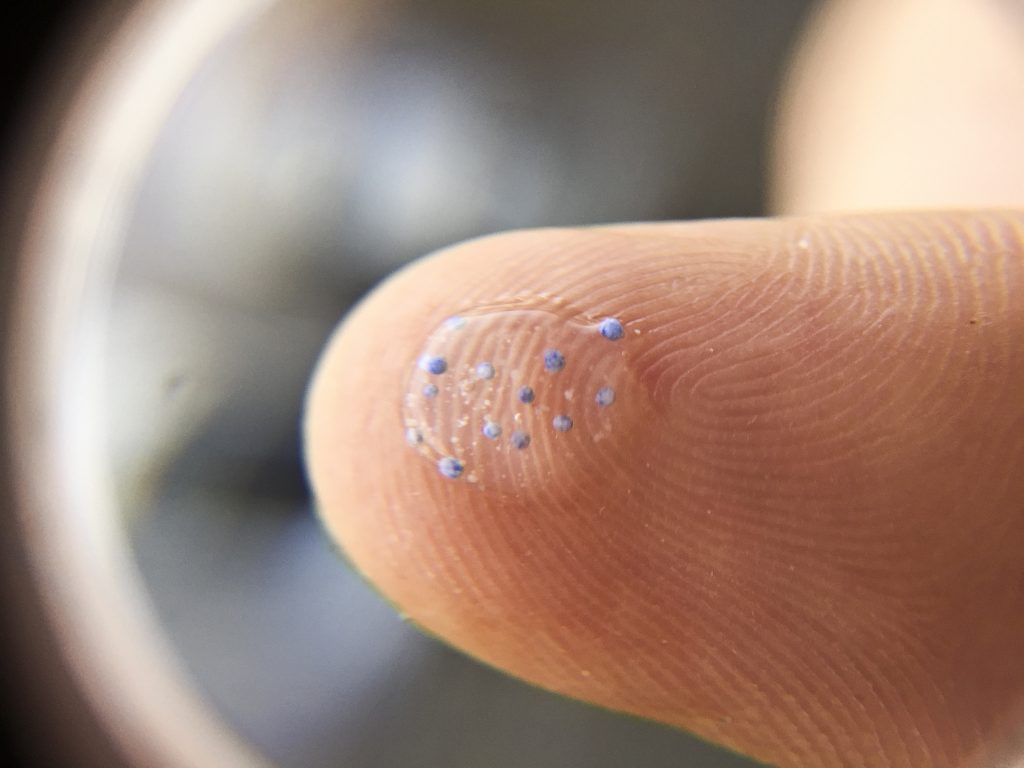
After over a year of intense educational work, tens of thousands of concerned Canadians spoke out about the risks microbeads pose to our lakes, rivers, wildlife and human health. Fish ingest microbeads, mistaking them for food. The tiny plastic spheres adsorb toxic chemicals like PCBs, creating risks to human health up the food chain.
Now, thanks to you, the federal government has announced a ban on microbeads! According to draft regulations released in early November, Canada will ban the sale of toiletries used to exfoliate or cleanse containing microbeads by July 1, 2018, and ban the sale of natural health products, non-prescription drugs and toothpaste containing microbeads by July 1, 2019. This step was preceded by the federal government’s decision to declare microbeads toxic in June. Thank you for raising your voice to make this possible!
REMOVING THE STAIN: LET’S GET CANCER-CAUSING CHEMICALS OUT OF DRY CLEANING

For decades, Canadian dry cleaners relied on the effective but cancer-causing chemical PERC (short for perchloroethylene). Fortunately professional wet cleaning, an effective, eco-friendly method, is now available. Across the United States, municipalities and states are switching their business from PERC to this better, safer process.
We published a report, Removing the Stain: Getting Cancer-Causing Chemicals Out of Your Clothes, which made the case for regulatory action and financial incentives to encourage a transition to non-toxic sustainable garment cleaning in Canada. We also released a dry cleaning pocket guide, with handy information on common dry cleaning chemicals and wet cleaning.
In the spring, we saw the fruits of our labour when Toronto’s Board of Health adopted recommendations to promote professional wet cleaning. The board also directed City of Toronto staff to explore mandatory window signs for chemical disclosure. The signs, already in use in New York City, will make it easier for customers to choose eco-friendly businesses.
RAISING AWARENESS ABOUT BPA IN CANADIAN CANNED FOOD
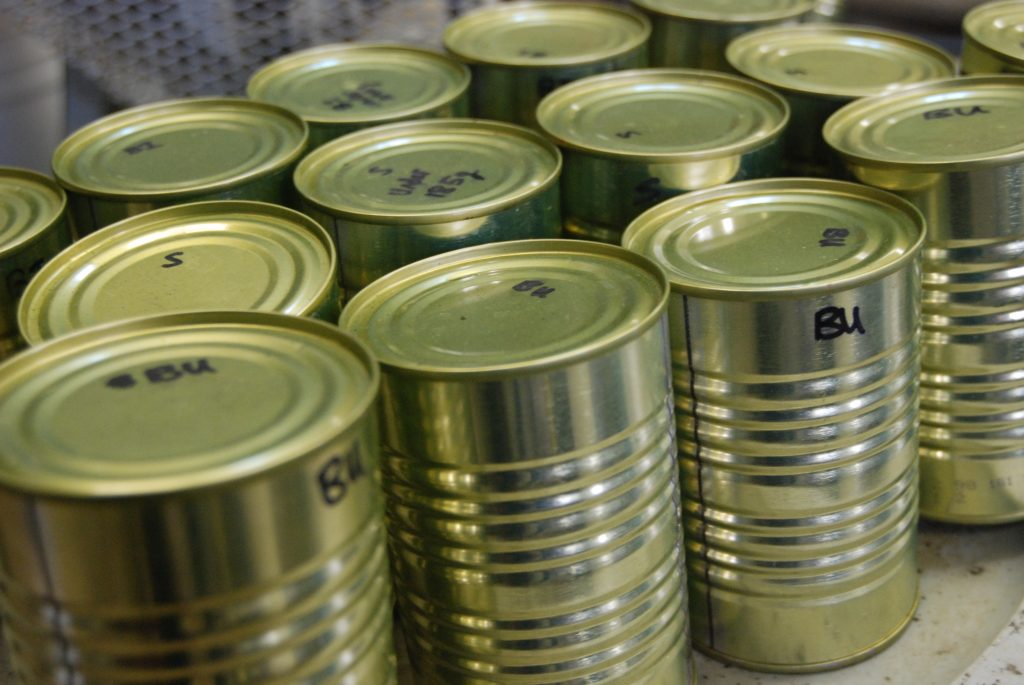
The endocrine-disrupting chemical bisphenol-A (BPA) is harmful to human health. That’s why we worked to get it banned from baby bottles in Canada. But BPA is still widespread in food cans, as research by Environmental Defence and five U.S. NGOs shows. Our report, Buyers Beware: Toxic BPA & Regrettable Substitutes in the Linings of Canned Food, found BPA in 17 out of 21 food cans purchased from three of the largest retailers in Canada.
BPA in can linings can leach into food, ultimately ending up in our bodies where it mimics human hormones. It’s linked to serious health issues like asthma and behavioural problems in children and possibly cancer. Our report received widespread media attention. And within 24 hours of the report’s launch, food giants Campbell’s and Del Monte committed to removing BPA from their cans by 2017. We’re working to get BPA banned from all food cans in Canada.
None of the victories described above would have been possible without your support! We can’t thank you enough for raising your voices to help us kick out toxic chemicals.
NEXT STEPS FOR US:
While we’re proud of our recent victories, we know there’s a lot of work ahead.
- Together with a respected public opinion firm, we’ll research Canadians’ attitudes towards toxic product ingredients and labelling.
- We’ll participate in the federal review of the Canadian Environmental Protection Act to ensure that toxic chemicals are kept out of Canadians’ consumer products and our environment. Make your voice heard here!
- We’ll continue to warn government and the public about the risks of atrazine, a toxic pesticide that’s polluting drinking water sources across Canada. You can help! Take action here.
Want to see more victories like the ones described above? Donate to Environmental Defence and help power our work to protect Canadians’ environment and human health.
Get up-to-date news and tips on how to reduce your exposure to toxic chemicals here.



